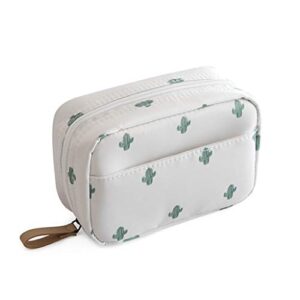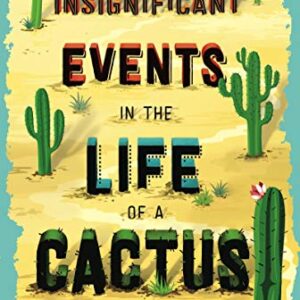When it comes to gardening, there’s more to it than just planting seeds and watering them. In today’s world, it’s important to think about sustainability and how we can reduce our impact on the environment. Sustainable gardening is all about making conscious choices that benefit not only our plants but also the planet.
One of the first things to consider when it comes to sustainable gardening is reducing waste. This can be done in a number of ways, such as composting kitchen scraps and yard waste to create nutrient-rich soil for your garden. By composting, you’re not only saving space in the landfill, but you’re also reducing the need for chemical fertilizers that can harm the environment.
Another way to reduce waste in the garden is to choose plants that are native to your area and are well-suited to the local climate. Native plants are more likely to thrive without the need for excessive watering or chemicals, making them a more sustainable choice for your garden.
In addition to reducing waste, sustainable gardening also involves reusing materials whenever possible. Instead of buying new plastic pots for your plants, consider repurposing old containers or investing in biodegradable options. You can also reuse water by collecting rainwater in a barrel and using it to irrigate your garden, reducing the strain on local water resources.
When it comes to maintaining a sustainable garden, recycling is key. From using recycled mulch to choosing organic pest control methods, there are plenty of ways to minimize your impact on the environment. By recycling materials in your garden, you’re not only reducing waste but also setting an example for others to follow.
One of the most important aspects of sustainable gardening is soil health. Healthy soil is the foundation of a successful garden, so it’s important to take care of it. By adding compost, mulch, and other organic matter to your soil, you can improve its structure and fertility, leading to healthier plants and less need for chemical fertilizers.
In addition to improving soil health, sustainable gardening also involves minimizing the use of harmful chemicals. Instead of reaching for pesticides and herbicides at the first sign of trouble, consider using natural alternatives such as neem oil or introducing beneficial insects to control pests. By avoiding chemicals, you’re not only protecting the environment but also the bees, birds, and other wildlife that call your garden home.
When it comes to sustainable gardening, every little bit helps. Whether you’re starting a small container garden on your balcony or tending to a large plot of land, there are plenty of ways to reduce, reuse, and recycle in your garden. By making conscious choices and thinking about the long-term impact of your actions, you can create a beautiful and eco-friendly garden that will thrive for years to come.
So, next time you’re out in the garden, take a moment to think about how you can make it more sustainable. Whether it’s composting, reusing materials, or choosing native plants, there are plenty of ways to reduce, reuse, and recycle in your garden. With a little effort and creativity, you can create a garden that not only looks great but also benefits the planet. Happy gardening!






